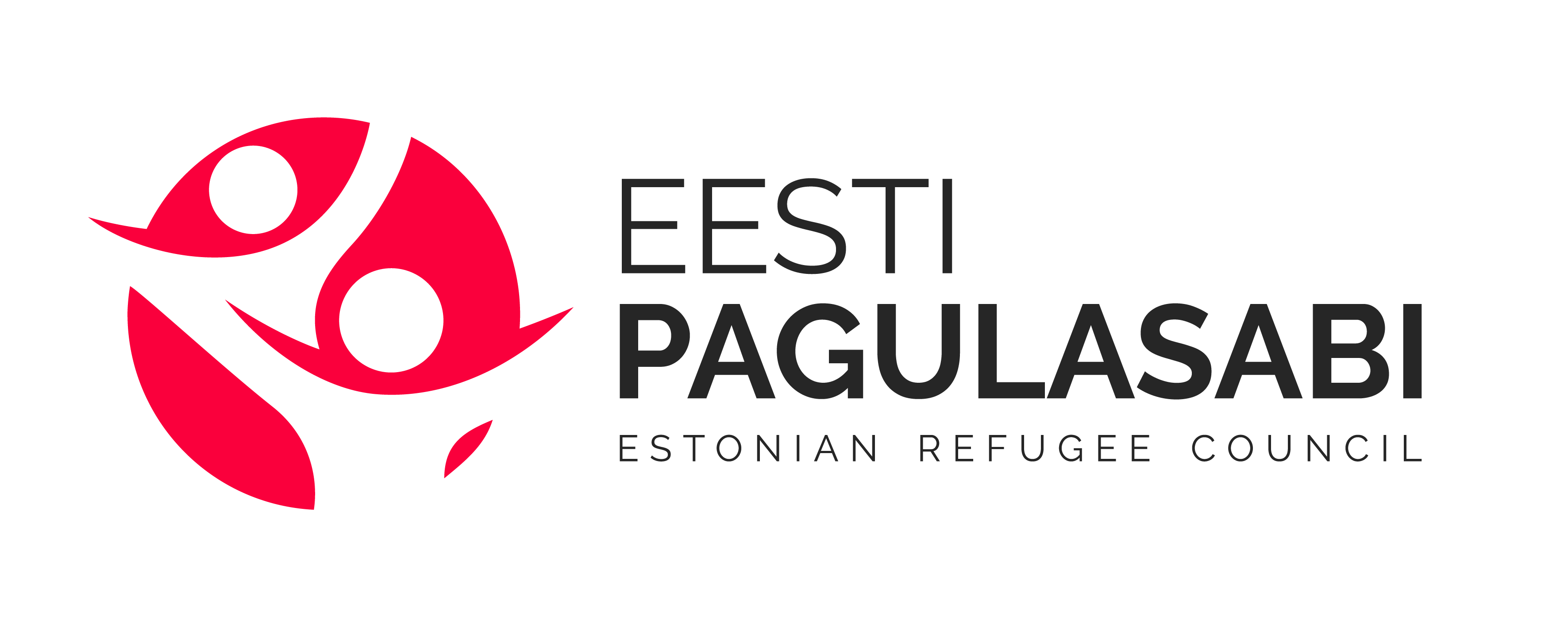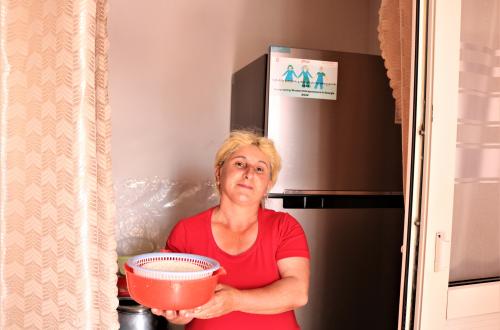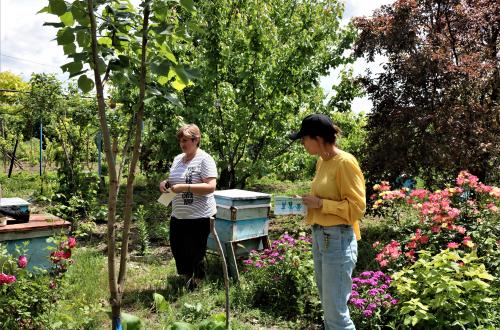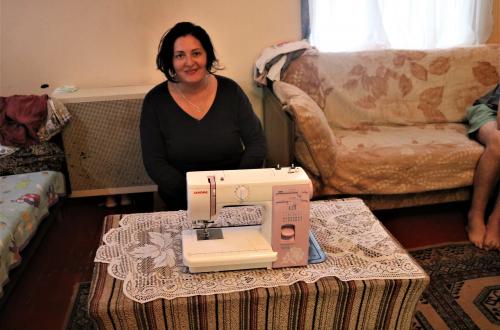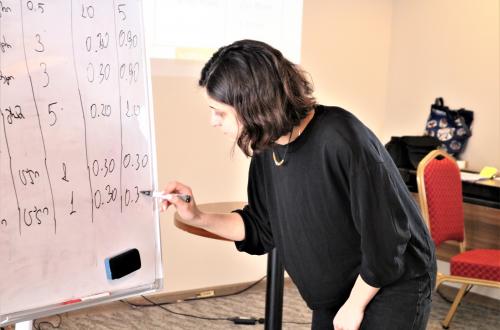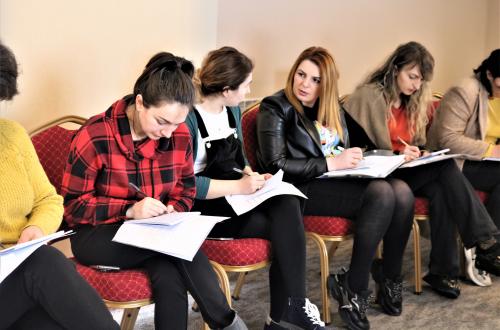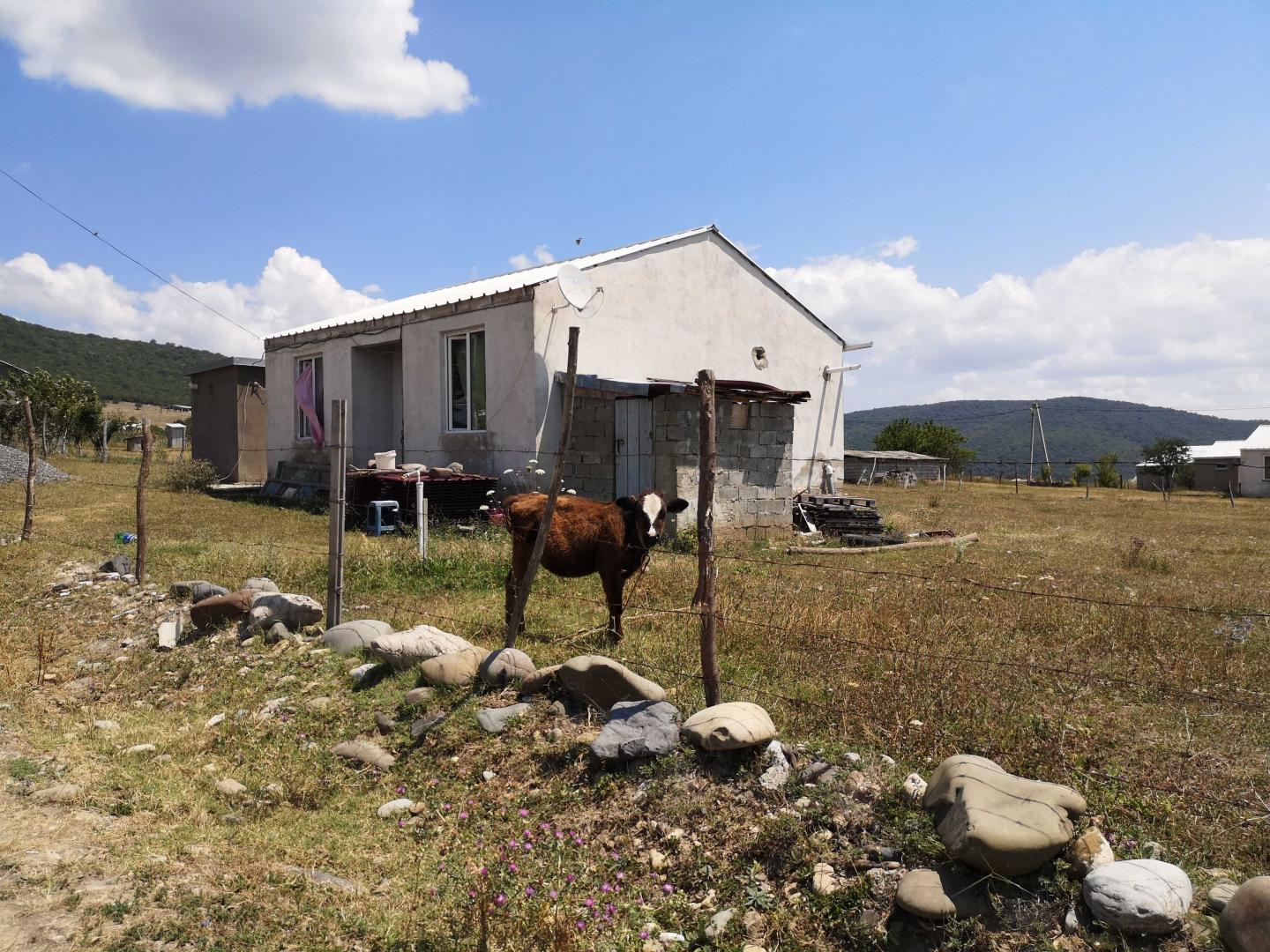
Georgia
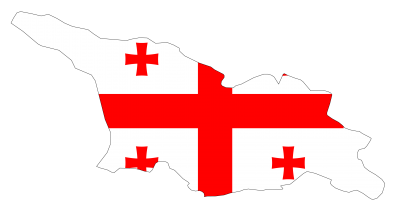
Georgia has seen two major armed conflicts and internal refugee crises in the last 30 years: between 1991 and 1992 and again in 2008. The first conflict began after the collapse of the USSR when around 250,000 people fled their homes in Abkhazia and 60,000 in South Ossetia. In 2008, an armed conflict between Georgia and Russia escalated in South Ossetia, with nearly 192,000 people internally displaced.
Although a large number of people who have fled as a result of the two armed conflicts have now been able to return to their homes, there are currently around 251,000 internally displaced persons in Georgia (including both "new" and "old" refugees). Their chances of changing the situation and returning home are slim.
Although more than a decade has passed since the last refugee crisis, internally displaced people face severe socio-economic challenges. Unemployment, depression, and a lack of interest in education are just some of them. Internally displaced people live in different socio-economic conditions. Although many have private homes, almost half (46%) of internally displaced people still live in collective accommodation centers, including old kindergartens, sanatoriums, and barracks, but also in purpose-built settlements (especially the so-called "new" internally displaced persons after the 2008 conflict).
New settlements were generally built in rural areas away from major cities, with limited access to the labor market. Unemployment among internally displaced persons has been identified in various studies as the most significant difficulty, which limits IDPs' self-sufficiency and makes them dependent on social and humanitarian aid. Unemployment, in turn, has led to reduced food security (71% of internally displaced people have identified food availability as a problem) and a lack of confidence in paying their utility bills (61% of respondents). According to a 2015 survey, 99% of internally displaced persons depend heavily on government social assistance for their daily livelihoods. The Georgian government's strategy on internally displaced persons and the action plans based on it also prioritizes the issues of poverty and unemployment, as well as the state of housing and access to education and health care.
First program's brochure (2021) and the second program's booklet (2022).
From 2023, Estonian Refugee Council is also supporting Ukrainian refugees who have arrived in Georgia (as of January 2023, there are approx. 27,000 of them permanently there). Two hundred fifty households in the most vulnerable situation receive financial support; the Estonian Ministry of Foreign Affairs supports us.
